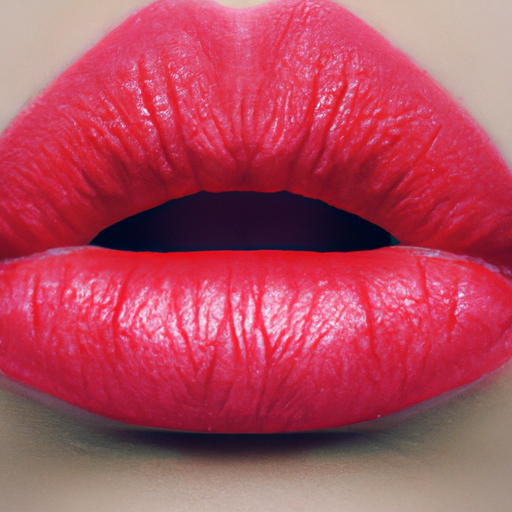As a medical professional, I frequently encounter patients who are battling the discomfort of chapped lips. This common condition is often dismissed as a minor inconvenience, but it can be a source of significant discomfort and even embarrassment for those affected. In this article, we will unmask the mystery behind chapped lips, exploring the reasons behind this condition and offering some practical solutions.
Chapped lips, medically known as cheilitis, is a condition characterized by dryness, flaking, cracking, or soreness on the lips. While it’s most prevalent in cold, dry weather, it can occur at any time and for various reasons.
One of the primary causes of chapped lips is environmental factors. Cold temperatures and dry air can strip away the thin layer of oil that naturally coats and protects our lips, leading to dryness and cracking. Similarly, exposure to wind, sun, and harsh weather conditions can also damage the lips.
Another common culprit is dehydration. Our bodies require adequate hydration to function correctly, and when we’re dehydrated, one of the first places it shows is our lips. If you’re not drinking enough water, your lips may become dry and cracked.
Certain lifestyle habits can also contribute to chapped lips. For example, licking your lips can temporarily provide relief from dryness, but it ultimately exacerbates the problem by stripping away natural oils. Similarly, smoking and excessive alcohol consumption can dehydrate the body and lead to chapped lips.
In some cases, chapped lips may be symptomatic of underlying health issues. Conditions like vitamin deficiencies, allergic reactions, certain medications, and autoimmune diseases can all cause persistent lip dryness.
Now that we’ve explored some of the reasons behind chapped lips let’s look at some solutions. The first line of defense against chapped lips is prevention. Protecting your lips from harsh weather conditions by using a lip balm with SPF can go a long way in preventing dryness and cracking.
Hydration is key. Drinking plenty of water throughout the day helps maintain overall hydration and keeps your lips moisturized. Additionally, using a humidifier in your home can help maintain moisture in the air, especially during dry winter months.
Breaking harmful habits can also improve the condition of your lips. Try to avoid licking your lips and consider lifestyle changes if you smoke or consume alcohol excessively.
If your lips are already chapped, applying a high-quality lip balm or ointment can provide relief. Look for products that contain emollients like beeswax, shea butter, or lanolin, which can help seal in moisture and protect your lips from further damage.
In cases where chapped lips persist despite these measures, it may be necessary to seek medical attention. Persistent chapped lips could be a sign of an underlying health issue that needs to be addressed. Your doctor can help identify any potential causes and recommend appropriate treatment.
In conclusion, while chapped lips are a common condition, they should not be dismissed lightly. Understanding the reasons behind this condition and taking proactive steps to prevent and treat it can go a long way in ensuring the health and comfort of your lips. Remember, your lips are an essential part of your body and deserve as much care and attention as any other part.



